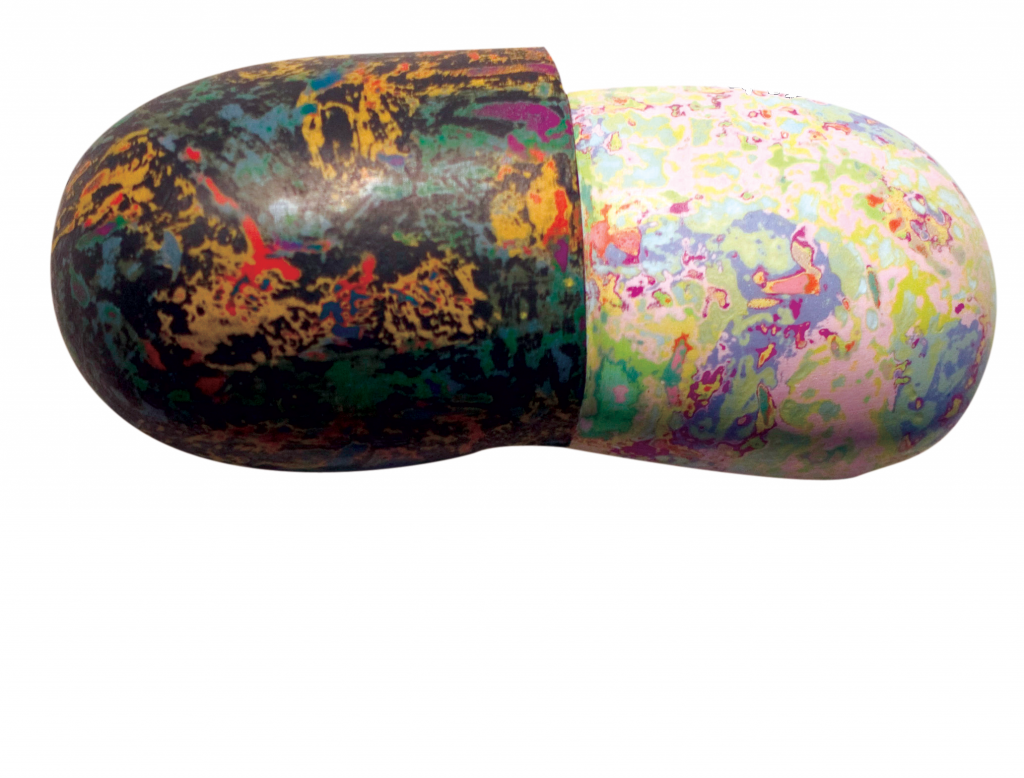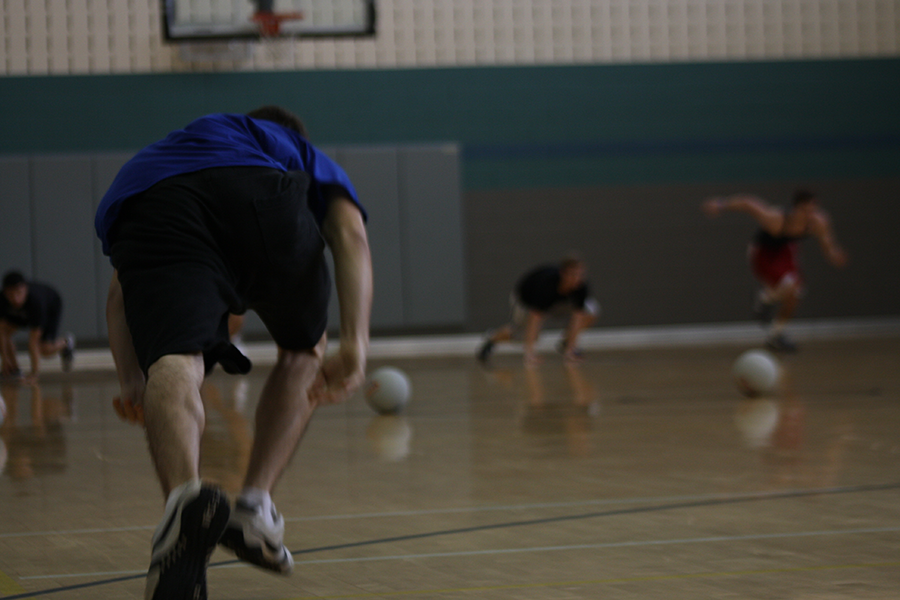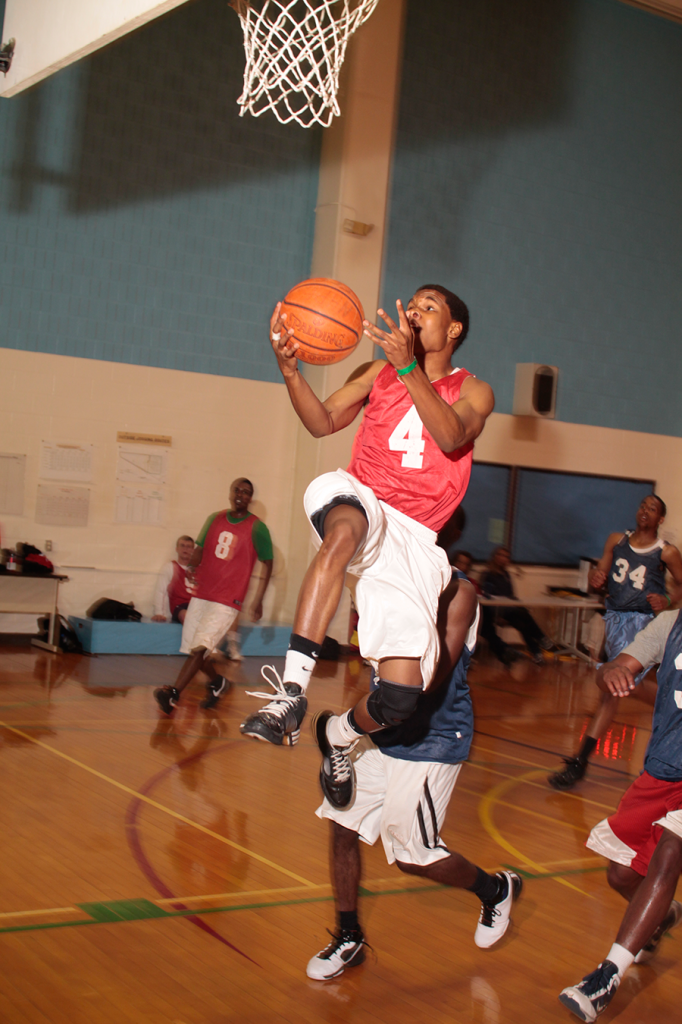Holding hands, sitting on another’s lap, whispering sweet nothings into another’s ear, playing tag or chasing another down the hallways of campus can be appropriate. But making out? Come on.
Students who engage in public displays of affection on campus embarrass not only themselves but the ones who have to see it.
It’s easy to be caught up in the moment with a significant other, but when students are on campus, shouldn’t they have other things on their mind — like school?
What can be said about students making out between classes, spending their on-campus time reproductively instead of productively?
Children are occasionally on campus, which makes PDA more inappropriate. College for Kids, a three-week summer enrichment program, brings many youngsters to all campuses. And area middle school and high school students frequently tour the campuses. Some campuses offer trick-or-treating for kids in October and children outreach plays during the holidays. TCC also offers events to the public of all ages such as recitals and festivals. So for those looking for a 30-second frenchy — get a room, not a classroom.
TCC’s Student Handbook says the college must provide the best possible learning environment. It reads: “In recent years, there have been increasing complaints by faculty and students concerning the lack of consideration for others shown by students who create disruption and distractions in classes.”
Dr. Joe Rode, NW vice president for student development services, said even though PDA isn’t mentioned in the handbook, making out can be considered a disruption.
“I always approach [students] who do that for courtesy to others,” he said. “I say, ‘May you please refrain from … or go to another place more private?’ They are always embarrassed.”
High school students learn the consequences of PDA from detention or referrals. At this point, students should already have obtained the common knowledge of PDA.
Students and faculty don’t want to see tongues shoved down another’s throat.
So please, keep it PG-rated.


























